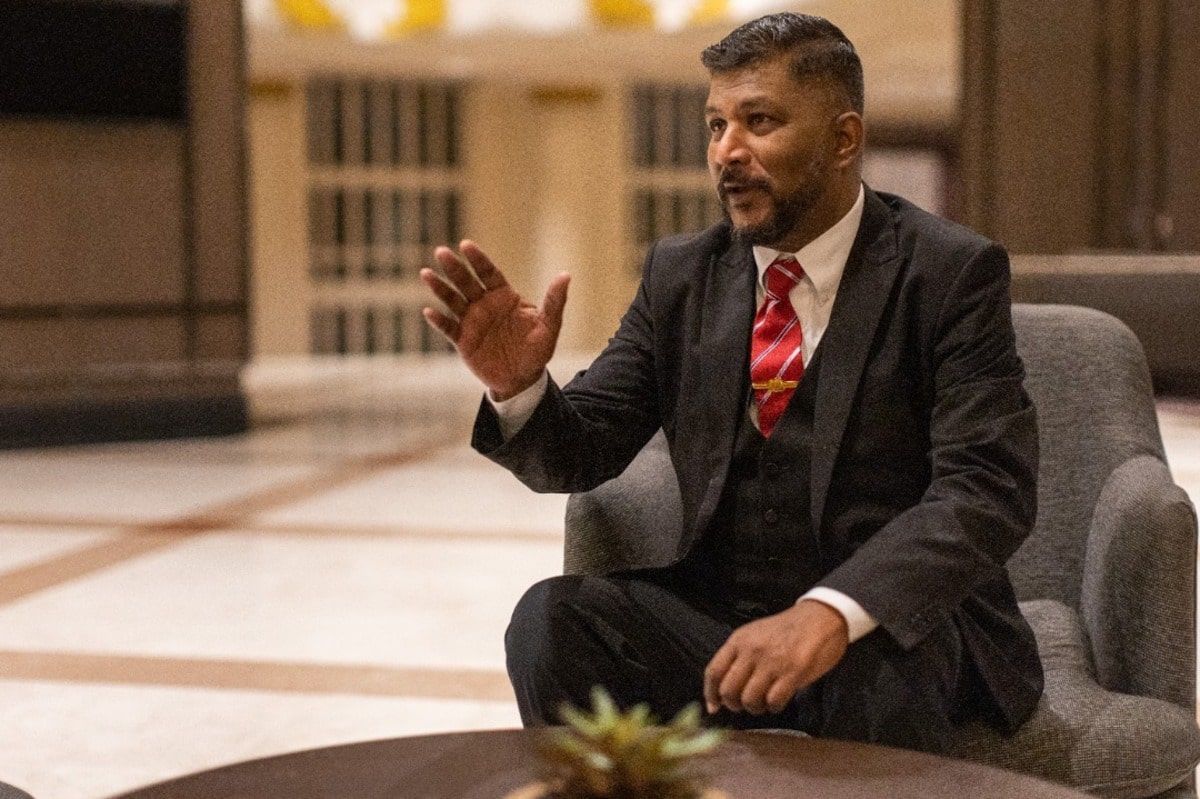KUALA LUMPUR, Jan 9 – It’s not only housemen and medical officers who are not being compensated fairly for regular overwork, but also specialists in the government health service, said the Malaysian Medical Association (MMA).
MMA said it has received complaints of overwork due to high patient load, due to manpower shortages and the maldistribution of doctors nationwide, forcing many to leave for the private sector or the country altogether.
“Housemen, medical officers and even specialists in public health care on a regular basis are working hours beyond their shift, but aren’t being fairly remunerated for these extra man hours and services they are providing,” MMA president Dr Muruga Raj Rajathurai said in a statement last Saturday.
“They too have a family, financial commitments and like everyone, for the sake of their sanity, also need a work-life balance, but it has been non-existent for most of them in public health care.
“We have received complaints from a number of housemen that they frequently have to come in to work two to three hours earlier before their shift begins for certain administrative duties and to ensure records are up to date; and due to the high workload, many have to stay back two to three hours after their shift ends to finish up their duties.
“The flat RM600 flexi allowance they are paid we feel is unfair compared against the frequent extra work hours spent. If this were to happen in the private sector, it will be seen as exploitation or even bullying. But because it is happening in the government sector, it has long been accepted as national duty.”
Contract doctors’ movement Hartal Doktor Kontrak shared yesterday tweets by doctors that showed staff at fast food restaurants get paid more than government doctors.
For on-call claims, government doctors are reportedly paid RM9 per hour on weekends, lower than RM10 per hour for McDonald’s workers or RM12 per hour for KFC restaurant crew.
In public hospitals, the on-call rates for medical officers are RM200 for more than 15 consecutive hours of work on working days and RM220 on weekends and public holidays. Medical specialists only get paid RM30 more at RM230 and RM250 respectively.
Unlike in 2021, when protests like CodeBlackMY and a one-day strike mostly involved contract and junior doctors, MMA’s statement about underpaid medical specialists, along with public complaints on Twitter and in the press, indicate rising dissatisfaction among government doctors across all levels.
MMA noted that while employment in the private sector is regulated by the Employment Act 1955, government employees are regulated by General Orders that spell out government employees rights, rest periods, leave entitlement, wages, terms etc. The Public Service Department (JPA) is in charge of government human resources.
“To look into solutions to the issue, the MMA is planning to meet with both the Public Service Department and the Human Resources Ministry to get their views on the matter as we feel certain policies are needed to protect health care workers which come under essential services, from being unfairly treated compared to workers in the private sector,” Dr Muruga said.
“We hope that as part of the Health Ministry’s efforts to reform the health care system with the Health White Paper, the work-life balance of public health care workers will be among areas that will be looked into in greater detail. To address the issue, we need more personnel in public health care.”
In a separate statement, the MMA also called for sufficient manpower to be in place before the Ministry of Health (MOH) extends hours at Klinik Kesihatan that typically operate during business hours from 8am to 5pm. Public health clinics are also usually closed on weekends and public holidays.
“There must be enough medical officers, specialists, medical assistants, allied healthcare personnel, administrative staff and reasonable shift hours for it to be carried out with success,” said Dr Muruga.
“The extended hours should only cater for simple acute illnesses that don’t require specialist care as currently, many of the family medicine specialists at the public community clinics are burdened with a lot of administrative work apart from their clinical work. We can’t afford to let this also be an issue contributing to brain drain.
“The additional hours may also mean staff may have to work longer hours and this may run counter to the ministry’s efforts to address burnout among health care personnel.”
MMA suggested a public-private collaboration between MOH and the 9,000 over private general practitioners (GPs) nationwide.
“Many of the chronic cases can be referred to private GP clinics and the public community clinics (Klinik Kesihatan) to enable public hospitals to treat accidents and emergencies more efficiently and effectively for better outcomes.”
Health Minister Dr Zaliha Mustafa announced last Friday a proposal to extend operating hours at public health clinics to decongest emergency departments in public hospitals, noting that 70 per cent of emergency room visits are non-critical cases that can be treated in primary care facilities.








